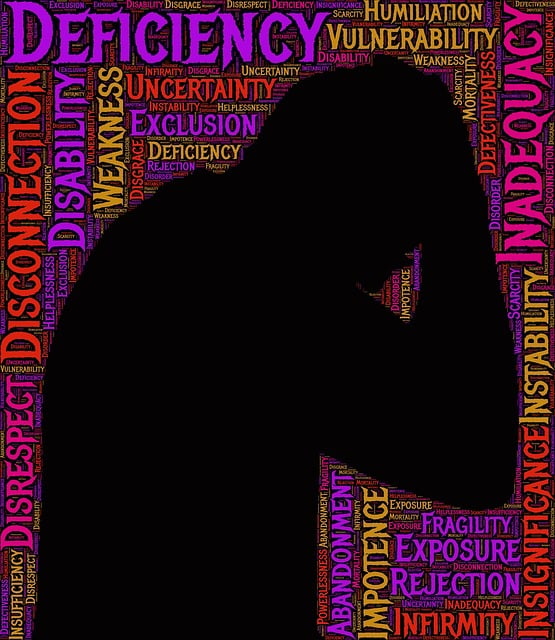Creating effective mental health education programs requires demystifying wellness concepts, breaking stigma, and promoting self-awareness, with an emphasis on recognizing distress signs early. These programs should equip participants with practical tools, communication strategies, and self-care knowledge. Integrating Lone Tree Polyamorous and Open Relationships Therapy challenges norms, promotes healthy communication, and enhances empathy, while Healthcare Provider Cultural Competency Training improves professional engagement with diverse clients. Risk assessment ensures program safety and tailored support for various relationship dynamics, including polyamory and open relationships, through initiatives like the Mental Wellness Podcast Series.
In today’s diverse social landscape, mental health education programs must be inclusive and adaptable. This article explores program design with a focus on addressing polyamorous and open relationships through therapy, using Lone Tree Polyamorous and Open Relationships Therapy as a case study. We begin by understanding mental health, laying the foundation for effective education. Next, we delve into strategic components for designing impactful programs. Finally, we discuss how to foster open dialogue, ensuring these communities feel seen and supported in therapeutic settings.
- Understanding Mental Health: Creating a Foundation for Education
- Designing an Effective Program: Strategies and Components
- Fostering Open Dialogue: Addressing Polyamorous and Open Relationships in Therapy
Understanding Mental Health: Creating a Foundation for Education

Understanding mental health is the cornerstone upon which effective education programs are built. In today’s world, where issues like loneliness and the complexities of polyamorous and open relationships therapy are increasingly common, fostering open dialogues about mental wellness becomes paramount. This foundational step involves demystifying mental health concepts, breaking down stigma, and encouraging self-awareness. By integrating this knowledge into everyday conversations, individuals can better recognize signs of distress in themselves and others, paving the way for early intervention.
A robust mental health education program should aim to equip participants with practical tools and communication strategies. This includes learning how to initiate and navigate discussions about mental wellness, understanding the importance of self-care, and recognizing when professional help is necessary. Leveraging resources such as Mental Wellness Coaching Programs Development, and even producing engaging Mental Wellness Podcast Series, can further enhance these educational initiatives.
Designing an Effective Program: Strategies and Components

Designing an effective mental health education program requires a multifaceted approach that caters to diverse needs and backgrounds. One key strategy is incorporating Lone Tree Polyamorous and Open Relationships Therapy into the curriculum, as it challenges traditional norms and promotes healthier communication styles. This not only enhances understanding of non-monogamous relationships but also fosters empathy among participants.
Additionally, Healthcare Provider Cultural Competency Training should be integrated to ensure mental health professionals can effectively engage with a wide range of clients. This involves learning about different cultural perspectives on mental health and developing skills to navigate potential biases or misunderstandings. Risk assessment is another critical component; evaluating potential hazards within the program itself, as well as for participants, allows for proactive measures to be taken, ensuring safety and maximizing benefit.
Fostering Open Dialogue: Addressing Polyamorous and Open Relationships in Therapy

In today’s diverse society, mental health education programs must be inclusive and address a wide range of relationship dynamics. This is especially crucial when discussing polyamorous and open relationships, which have gained prominence in recent years. The concept of Lone Tree Polyamorous and Open Relationships Therapy taps into this growing need for understanding and support. Such therapeutic approaches encourage clients to openly discuss their unique relationships without stigma or judgment, fostering a safe space for exploration and growth.
By integrating these discussions into mental wellness initiatives, such as the production of a Mental Wellness Podcast Series, professionals can promote self-care practices and stress management techniques tailored to individuals in polyamorous or open relationships. This holistic approach ensures that no one feels isolated in their experiences, allowing for more comprehensive and effective mental health support.
Mental health education programs play a pivotal role in fostering well-being and debunking stigma. By combining foundational knowledge, practical strategies, and open dialogue, we can create inclusive environments that cater to diverse needs, including those within Lone Tree Polyamorous and Open Relationships Therapy. Embracing these components ensures that individuals receive the support they need to thrive, promoting mental health awareness and resilience across communities.









